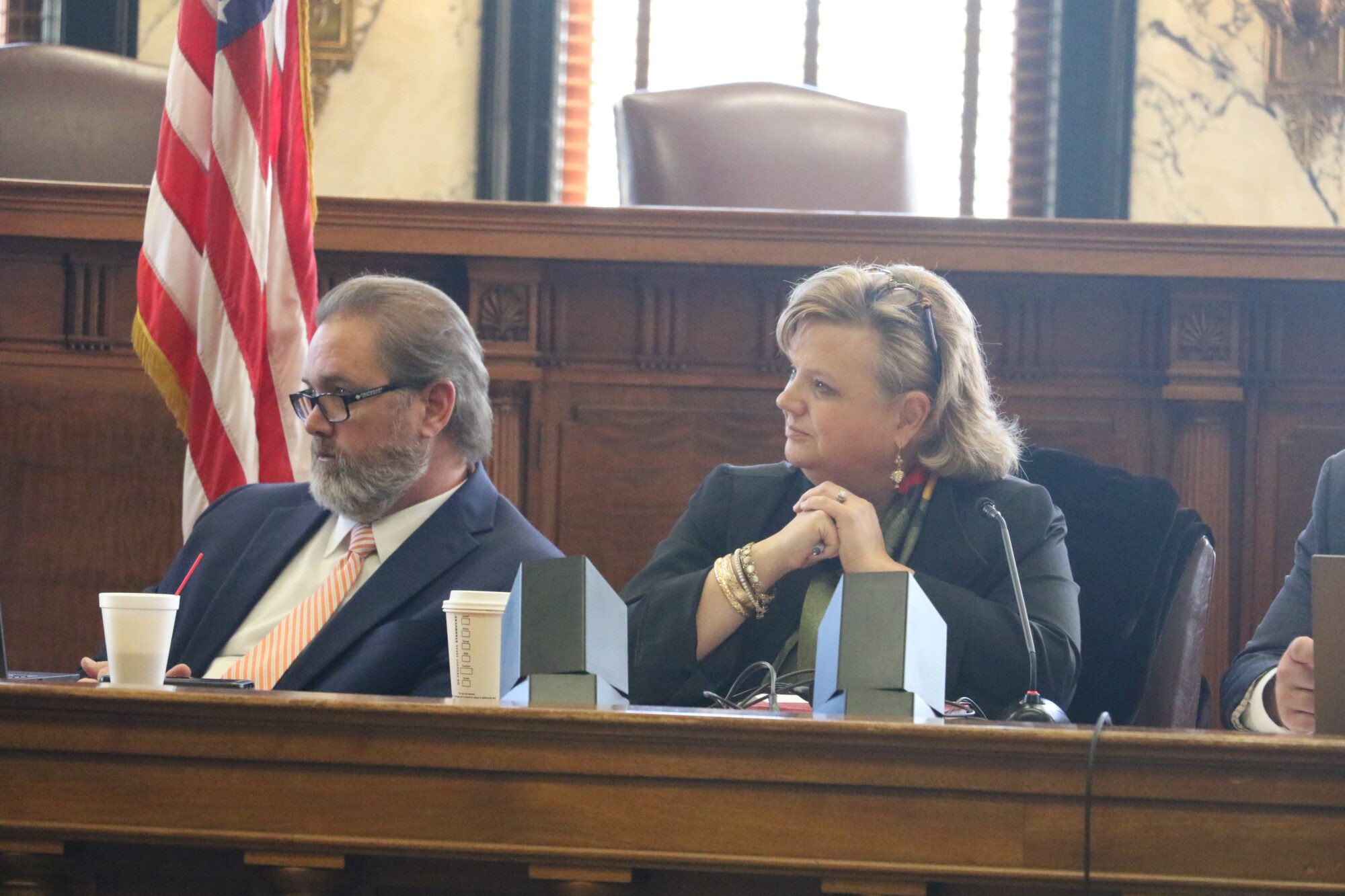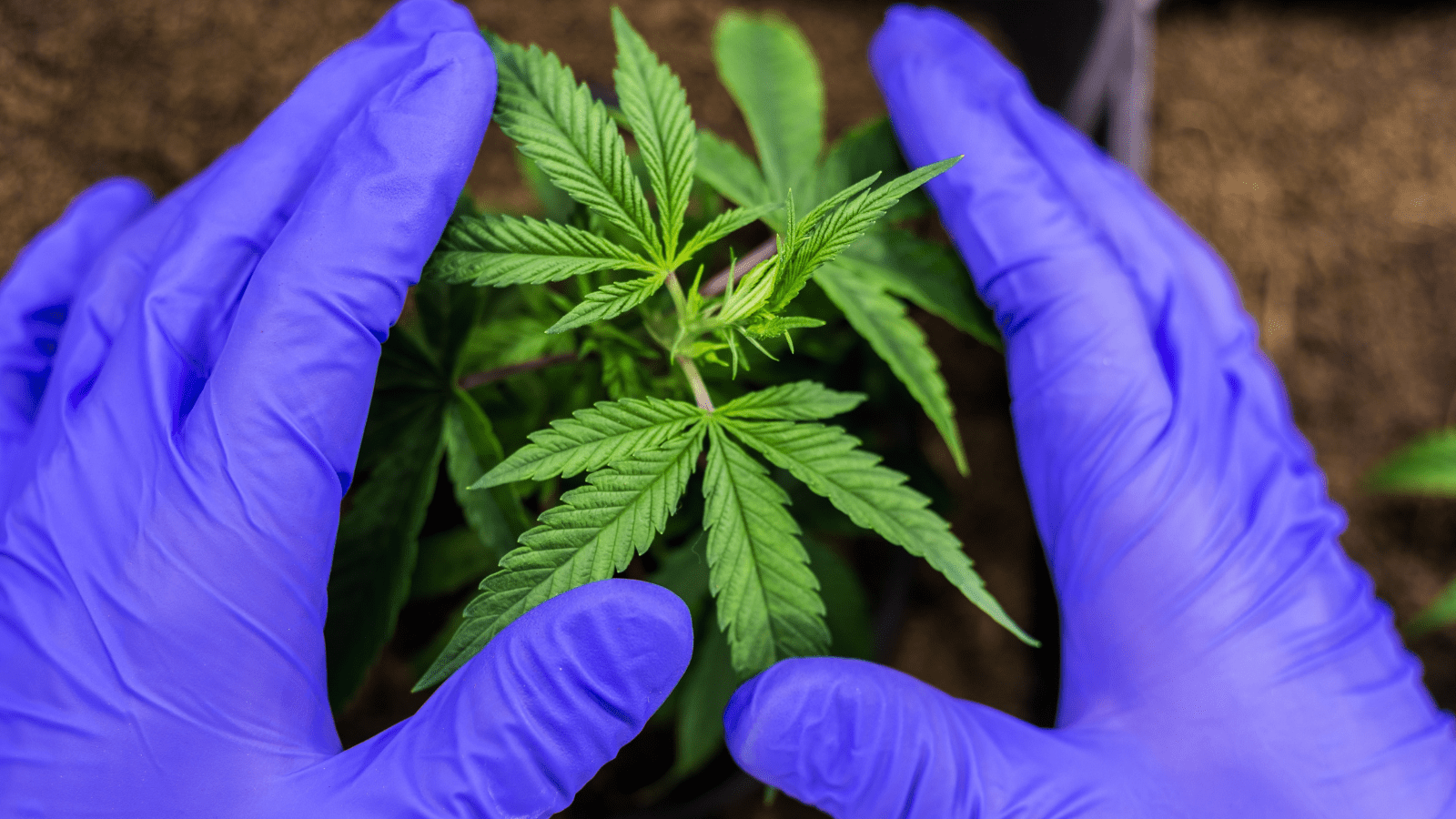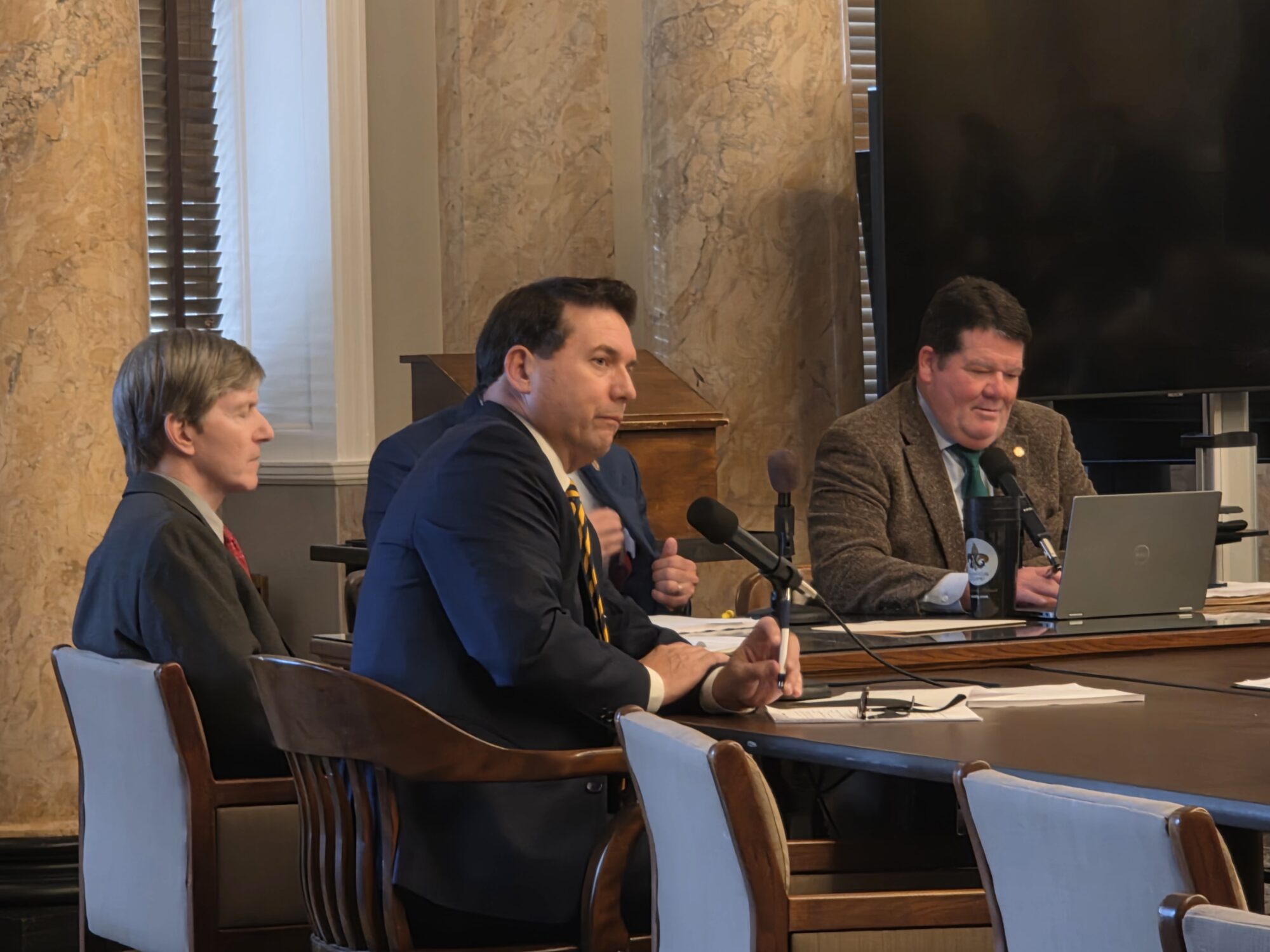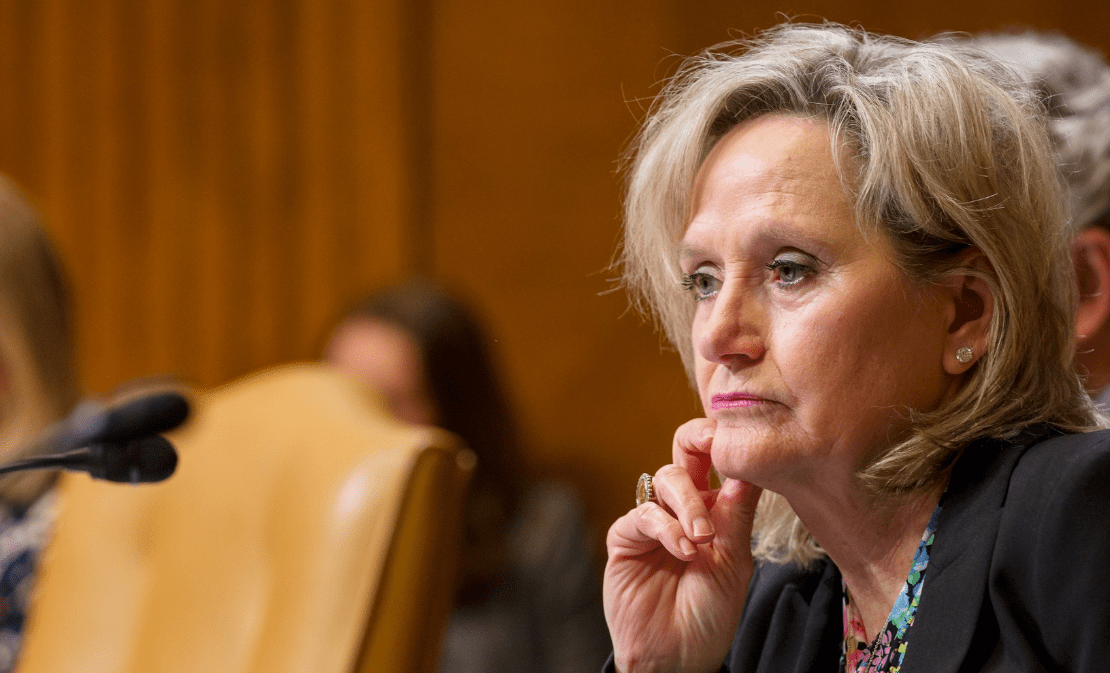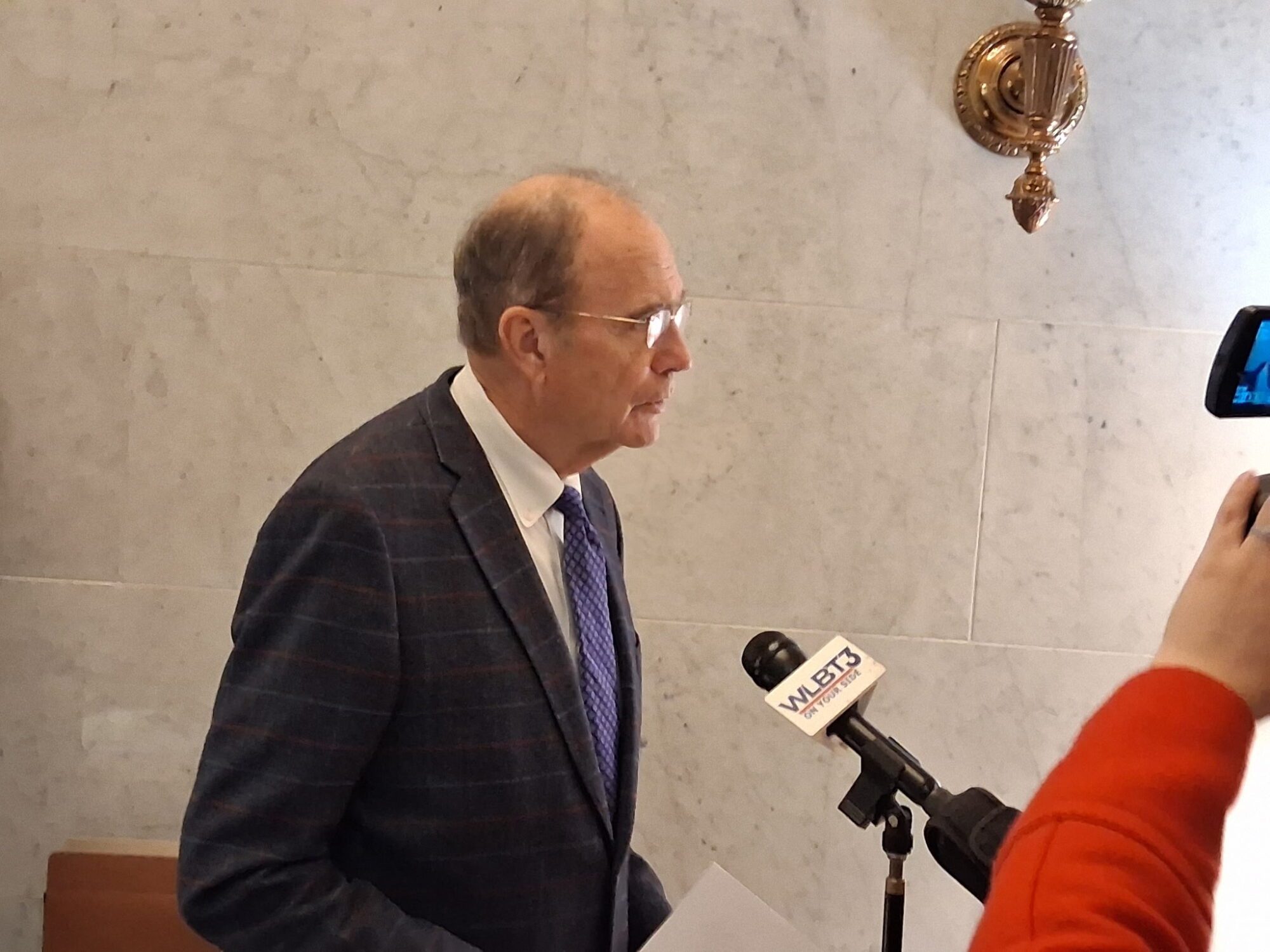
(Photo: Around the World Photos / Shutterstock)
- Only persons over 21 could soon be allowed to purchase kratom products in Mississippi. Local officials are weighing health and business concerns in the absence of further state action.
Efforts to ban kratom products from store shelves throughout Mississippi were unsuccessful in 2025, but the Legislature passed a bill that sets an age restriction.
That bill, HB 1077, now sits on the desk of Governor Tate Reeves (R) awaiting his signature. A decision from the Governor is expected by the deadline of April 24.
Should the governor not veto the measure, products containing kratom will be illegal to sell to persons younger than 21 years of age come July 1.
State Rep. Lee Yancey (R), the bill’s author, said the legislation also makes synthetic forms of kratom illegal in the state while protecting the right of counties and cities to make their own decision concerning a localized ban.
“It protects the cities and counties that have already banned kratom and it protects any city or county in the future who would like to ban it,” Yancey added.
Bills introduced this session to ban the product did not survive the legislation process. Yancey said getting bills that ban products through committees on both sides of the Capitol is tough.
“It’s really hard to get a ban passed on kratom, or really anything passed as you can see with intoxicating hemp,” Lee described.
While the product is still legal to sell in counties and cities that have not banned it, Rep. Yancey’s bill also places a limit on the potency of kratom products. No kratom product could contain a level of 7-hydroxymitragynine in the alkaloid fraction that is greater than one percent of the alkaloid composition and should not exceed one-half (0.5) milligram per container of the product.
“This is the sixth year in a row that I’ve dealt with kratom. This is the first year that we’ve passed anything limiting it in any way,” Lee said.
According to a 2023 report to Congress concerning state regulations on kratom, Alabama, Arkansas, Indiana, Rhode Island, Vermont and Wisconsin have banned the sale of products containing the active compound in kratom.
However, the same report states that Indiana, Rhode Island, Wisconsin and Vermont have all considered bills that would reverse their action and permit the sale of products containing kratom.
State lawmakers in Arkansas considered a bill aimed at reversing its ban just this year. SB 534 passed out of the Senate in the Arkansas Legislature on April 7, but was returned by the House Public Health, Welfare and Labor Committee on April 10 with a recommendation the bill do not pass.

Enforcement of the law
In just over two months, retail locations that offer kratom products will have to card customers to confirm their age, just as is done with alcohol and tobacco products.
“To the extent that we can restrict kratom, I think that’s a good thing, particularly when we’re talking about people under the age of 21,” Commissioner of the Mississippi Department of Public Safety Sean Tindell told Magnolia Tribune.
Enforcing an age restriction law will not be an issue for state and local law enforcement agencies, Tindell said.
As for enforcing the synthetic ban, Commissioner Tindell said some direction from the federal side, such as how tobacco and alcohol products are regulated, would be appropriate.
“There’s a lot of work that needs to be done in that respect,” Tindell added.
However, field tests will help agencies identify products that may include synthetic compounds. Those results can then be sent to the state crime lab for more comprehensive testing.
The priority will be to ensure underage Mississippians do not get their hands on kratom products.
“It’s one of those things where I see, particularly when young people go into convenience stores and are getting products like that, is of concern because it can be a gateway into other substances,” Tindell said.
In counties where the product is still legal, law enforcement agencies say they are dealing with the negative aspect of kratom, especially in the juvenile population.
“We have a lot of people who take it and then we have to deal with them because they lose their minds,” Pearl River County Sheriff David Allison said. “We’ve been called out to situations where juveniles used it, because they are out of their minds. When we get to the bottom of it, we find out that they were using kratom.”

Local bans and business impact
Some cities and counties are putting localized bans in place in the absence of state action.
Jones County is one of the most recent local governments to pass such an ordinance, Rep. Yancey said, adding that there are about two dozen others with similar laws.
The city of Laurel set a similar ban in place about a month ago, said Scott Carmichael, owner of Mac’s Mini Mart in Jones County. Now, customers who used to buy kratom in the city limits go elsewhere.
“And now the people in Laurel they come into the county and buy it,” Carmichael added.
When the county ban goes into effect, his concern is how it will affect his business.
“It’s going to affect my top line, no doubt,” Carmichael explained. “I sell a pretty good bit of it.”
Kratom products have been part of Carmichael’s product line for about six years, bringing in thousands of dollars annually. Now, when the ban takes effect, those same customers will travel elsewhere.
“So, now they’re going to ban it in the county, they’re going to take their money, and they’re going to Covington County or any of these other counties where they still sell it,” Carmichael described.
Pearl River County’s Board of Supervisors previously considered a ban on kratom but decided not to take the action due to a lack of state or federal guidance, County Administrator Adrain Lumpkin said.
“At that point the Board did not because there was nothing restricting it at the state level at all,” Lumpkin noted.
Pearl River County Sheriff Allison said he supports a ban within his county and advocated for one when the Board considered it. He said now that legislation has failed on the state level to ban it, he plans to revisit the topic with the Board.
State Rep. Stacey Wilkes (R) told Magnolia Tribune she also plans to work with both the Board of Supervisors in Pearl River County and the city of Picayune to see if bans can be put in place.
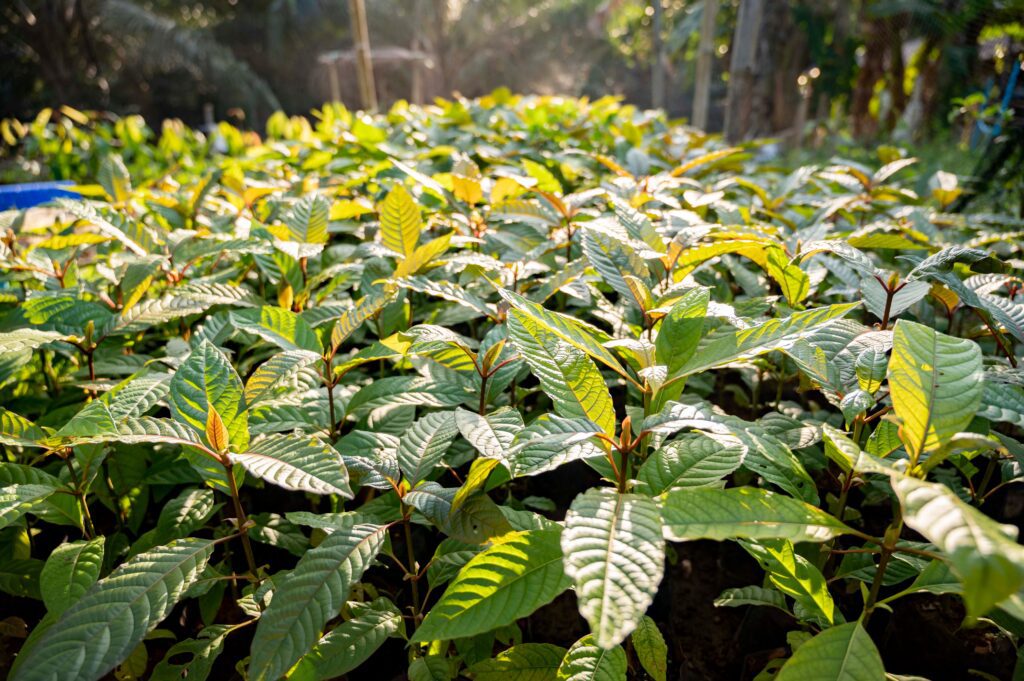
Safe or dangerous?
While discussing kratom related bills this legislative session in Mississippi, several people testified before House and Senate committees to lobby for a ban on the products. Stories of addiction and fatal overdoses were presented along with testimony from health professionals.
Yet, Carmichael has seen a different side of kratom. He’s noticed the people who buy those products from his store do not exhibit the same signs as those who are addicted to narcotics.
“None of them look like they’re on drugs,” Carmichael said. “They don’t look like they’re spaced out, tweaking, like they do on illegal drugs.”
He also described his own first-hand experience using a kratom product to treat pain from a kidney stone.
“I actually took kratom one time. I didn’t have anything to take for it, such as a muscle relaxer, to alleviate the pain in my back from the kidney spasms,” Carmichael elaborated.
When someone he knew suggested kratom, he tried it. Thirty minutes later, his back stopped hurting, Carmichael said.
“It was an over-the-counter thing that I could get my hands on to alleviate that pain,” he said.
However, law enforcement officials are concerned about the impact substances like kratom, which target opioid receptors, could have on the general public.
Commissioner Tindell said kratom could lead to people taking substances that are much more fatal. Sheriff Allison is concerned about what is actually in the products, since many come from overseas with lesser restrictions.
“It’s a dangerous drug and you don’t know what all is in it,” Allison said.
The federal Food and Drug Administration advises people not to take kratom products since they have not been approved to treat any specific ailment.
“FDA will continue to work with its federal partners to warn the public about the risks associated with the use of kratom and protect consumers from entities that are selling violative kratom products, including products with false or misleading labeling claims about unproven health benefits of kratom,” the agency stated.

